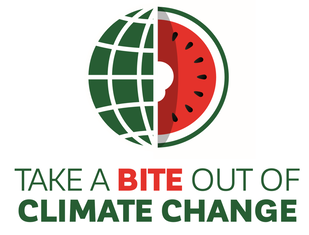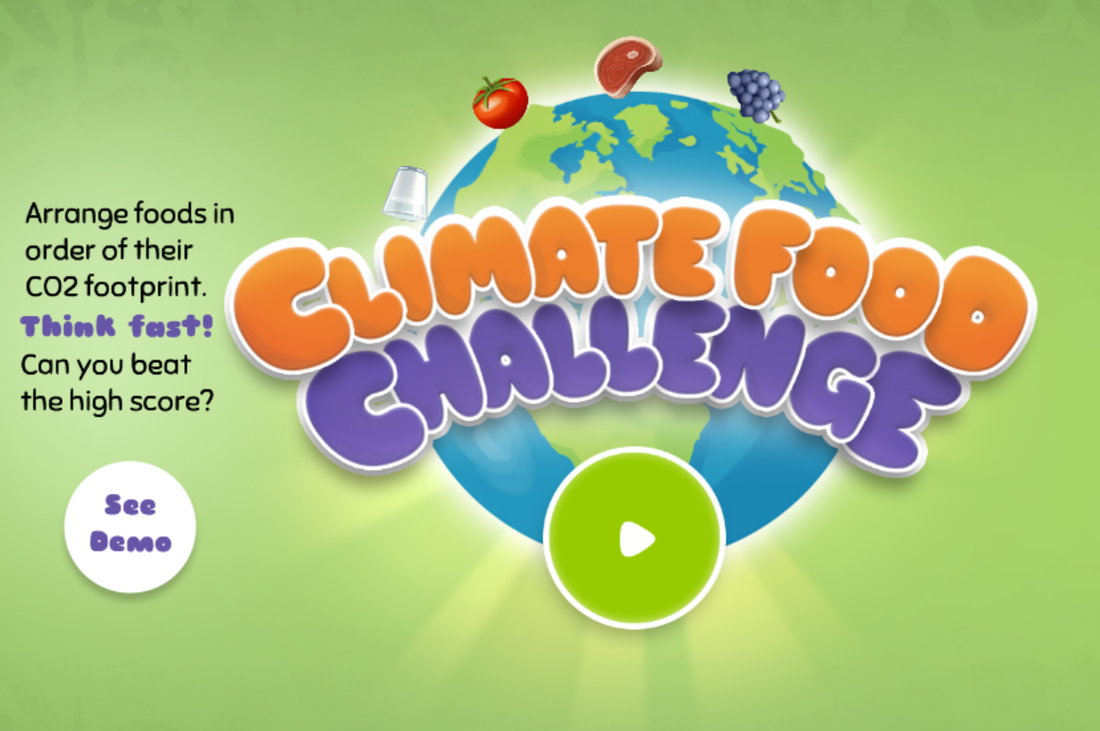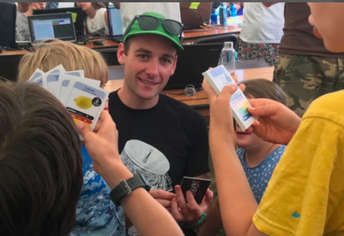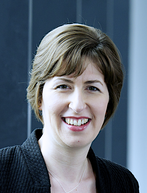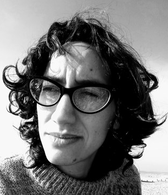Why?
The GGDOT project started from our curiosity to know more about the greenhouse gas emissions and nutrition of our food choices. We combined our expertise in greenhouse gas emission calculations, nutrition and data handling to create a preliminary toolkit to make this easier. We've developed these tools in collaboration with academics and beyond through a series of hacknights, and are exited to be sharing some of the outputs with the public, including through our contribution to the Take a Bite out of Climate Change stand at the Royal Society Summer Science Exhibition and Bluedot 2019.
GGDOT @ Take a Bite out of Climate Change
The GGDOT project has contributed to the Take a Bite out of Climate Change stand at the Royal Society Summer Science Exhibition and Bluedot 2019. We made an online game Climate Food Challenge and Climate Food Flashcards.
Who?
We are working together with experts from food and data analysis to run GGDOT Hacknights and develop tools, including Emma Foster (University of Newcastle), Mark Green (University of Liverpool), Harriet Smith (University of Leeds), Michael Zulyniak (University of Leeds), Wendy Wriden (University of Newcastle), Joe Fennell (University of Manchester), Dale Mellor (University of Manchester), Angelina Frankowska (University of Manchester), Alana Kluczkovski (University of Manchester), Rosie Green and Francesca Harris (London School of Hygiene & Tropical Medicine) and Andrew Markwick (University of Manchester). The project benefits from the many inputs from participants at the hacknights. We are grateful to N8 Agrifood, the University of Manchester, STFC and a University of Manchester Wellcome Institutional Strategic Support Fund award [204796/Z/16/Z] for funding us so far - contributions welcome, please email [email protected].
SARAH BRIDLESarah is a Professor of Astrophysics at the University of Manchester, UK. Most of her work so far has focused on trying to uncover the nature of dark energy using gravitational lensing - the bending of light by dark matter. She has won prestigious awards in the UK and Europe and is author of over 80 refereed publications which have over 3500 citations. Motivated by the need to reduce global greenhouse gas emissions, she is now working on understanding how to reduce the impact of food on climate change. She was the founding PI of the STFC Food Network+.
|
|
GGDOT Hack Events
The GGDOT Hacknights aim to bring together academic researchers from data science with food experts from nutrition, psychology and greenhouse gas emissions. In 2018 we ran hack events at Liverpool John Moores University (you can see the slides shown to participants here), at the University of Sheffield, at the University of Manchester and at the University of Durham. Thanks to the local organisers and to further funding from N8 Agrifood we ran more events in 2019, at the University of Brunel, University of Stirling and University of Oxford.
Want more?
If you find this topic interesting and want to go into more detail, we recommend the following resources for more information:
- Try a food carbon quiz
- Download the Gikibadges app for your smartphone and scan food barcodes to earn badges
- Learn about the latest research on food and climate change from FoodSource and the Food and Climate Research Network
- Read a nice article from the authors of the most comprehensive recent compilation of food greenhouse gas emissions
- Read about the increasing demand for food and its implications for the environment in “Greedy Man in a Hungry World” by Jay Rayner
- Get lots of emissions numbers about food and more in “How Bad are Bananas” and "There is no Planet B" by Mike Berners-Lee
- Read about the contributions to and impacts of climate change for a range of important foods in "Climate-Smart Food" by Dave Reay
- Learn about energy usage and clean energy in "Sustainable Energy Without the Hot Air" by David MacKay
- Download the slides from some of Sarah's food talks here: Bluedot2019, University of Manchester Special Topics in Physics, Manchester Museum, Transition Wilmslow You can also watch a recording of Sarah's Bluedot 2019 talk.
JOIN US
Join our Take a Bite out of Climate Change mailing list to learn about the latest news and updates, and how you can contribute!

